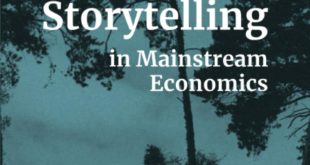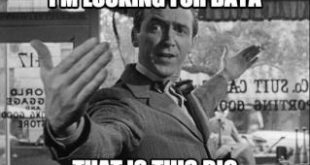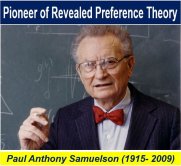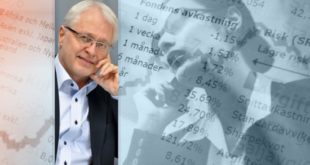Economics textbooks transmogrifying truth Perfect competition idealizes the very small firm, its growth constrained by rising AVC [Average Variable Cost] as it expands output. But why does AVC rise? And why does it rise to such an extent that it outweighs declining AFC [Average Fixed Cost], resulting in the U-shaped cost curve? Current textbooks do not supply an explanation. For example, N. Gregory Mankiw, in his Principles of Microeconomics, simply states...
Read More »My new book is out
My new book is out Contemporary mainstream economics — still — focuses on studying what happens in abstract and unrealistic models. A deeper study of underlying causal mechanisms in the economy could make economic science more realistic. However, when faced with the monumental gap between empirical data and models, mainstream economists often resort to one of their four favourite strategies to immunize the models against facts: 1. Treat the model as an...
Read More »‘Covering law’ explanations in economics
‘Covering law’ explanations in economics As a philosopher of science, it is interesting to note that many economists and other social scientists appeal to a requirement that explanations, in order to be considered scientific, must be capable of “reducing an individual case to a general law.” As a fundamental principle, a general law is often invoked in the form of “if A, then B,” and if one can demonstrate in individual cases that if A and B are present,...
Read More »The torch has to be carried on
The torch has to be carried on I was on a one year sabbatical leave at Cambridge University, King’s College by invitation of Professor Wynne Godley in the year 1988/89. Seriously speaking I was surprised, because except for Godley there were only few economists left at the Faculty, who called him-/herself Keynesian. The old guard of Keynes’ disciples had disappeared: Joan Robinson and Nicholas Kaldor were no longer alive; Richard Kahn very fragile....
Read More »Big Data ‘solutions’ to poverty
Big Data ‘solutions’ to poverty Chetty’s pitch to the nation is that our problems have technocratic solutions, but at times I sense that he is avoiding an argument … Poor people would be better off if their children had better prospects, but also if they had more money—if the fruits of our society were shared more broadly. “I can take money from you and give it to me, and maybe that is good and maybe it is not,” he said. “I feel like there are a lot of...
Read More »Revealed preference theory — much fuss about nothing
Revealed preference theory — much fuss about nothing Thirty years ago yours truly wrote an article on revealed preference theory that got published in History of Political Economy (no. 25, 1993). Paul Samuelson wrote a kind letter and informed me that he was the one who had recommended it for publication. But although he liked it a lot, he also wrote a comment — published in the same volume of HOPE — saying: Between 1938 and 1947, and since then as Pålsson...
Read More »Spekulationsbubblor
Här kan du lyssna på programmet.
Read More »Ekonomiquiz
För de som gillar att testa sina ekonomikunskaper — varför inte testa det här ekonomiquizet på Malmö universitet?
Read More »Behind the model
But if we have independent reasons to believe that there is more going on in the phenomena under investigation than a mathematical model can suggest – that is, that the phenomena in question are not in fact mechanical in the required sense – then mathematical modeling will prove misleading … Moreover, as will be discussed, the empirical assessment of such models using econometric methods will not be sufficient to reveal that mismatch. These problems cannot themselves be...
Read More »Why Krugman and Stiglitz are no real alternatives to mainstream economics
Why Krugman and Stiglitz are no real alternatives to mainstream economics Little in the discipline has changed in the wake of the crisis. Mirowski thinks that this is at least in part a result of the impotence of the loyal opposition — those economists such as Joseph Stiglitz or Paul Krugman who attempt to oppose the more viciously neoliberal articulations of economic theory from within the camp of neoclassical economics. Though Krugman and Stiglitz have...
Read More » Heterodox
Heterodox










